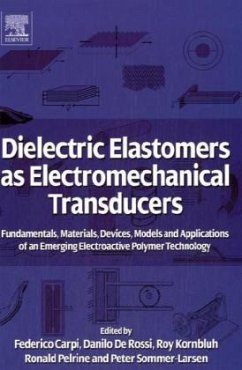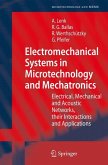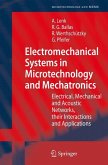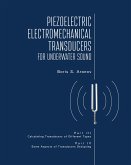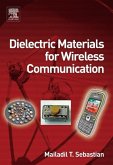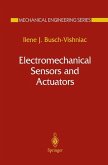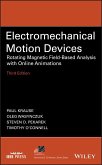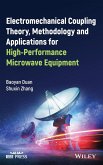Dielectric Elastomers as Electromechanical Transducers provides a comprehensive and updated insight into dielectric elastomers; one of the most promising classes of polymer-based smart materials and technologies. This technology can be used in a very broad range of applications, from robotics and automation to the biomedical field.
The need for improved transducer performance has resulted in considerable efforts towards the development of devices relying on materials with intrinsic transduction properties. These materials, often termed as "smart? or "intelligent?, include improved piezoelectrics and magnetostrictive or shape-memory materials. Emerging electromechanical transduction technologies, based on so-called ElectroActive Polymers (EAP), have gained considerable attention. EAP offer the potential for performance exceeding other smart materials, while retaining the cost and versatility inherent to polymer materials. Within the EAP family, "dielectric elastomers?, are of particular interest as they show good overall performance, simplicity of structure and robustness. Dielectric elastomer transducers are rapidly emerging as high-performance "pseudo-muscular? actuators, useful for different kinds of tasks. Further, in addition to actuation, dielectric elastomers have also been shown to offer unique possibilities for improved generator and sensing devices.
Dielectric elastomer transduction is enabling an enormous range of new applications that were precluded to any other EAP or smart-material technology until recently.
This book provides a comprehensive and updated insight into dielectric elastomer transduction, covering all its fundamental aspects. The book deals with transduction principles, basic materials properties, design of efficient device architectures, material and device modelling, along with applications.
Hinweis: Dieser Artikel kann nur an eine deutsche Lieferadresse ausgeliefert werden.
The need for improved transducer performance has resulted in considerable efforts towards the development of devices relying on materials with intrinsic transduction properties. These materials, often termed as "smart? or "intelligent?, include improved piezoelectrics and magnetostrictive or shape-memory materials. Emerging electromechanical transduction technologies, based on so-called ElectroActive Polymers (EAP), have gained considerable attention. EAP offer the potential for performance exceeding other smart materials, while retaining the cost and versatility inherent to polymer materials. Within the EAP family, "dielectric elastomers?, are of particular interest as they show good overall performance, simplicity of structure and robustness. Dielectric elastomer transducers are rapidly emerging as high-performance "pseudo-muscular? actuators, useful for different kinds of tasks. Further, in addition to actuation, dielectric elastomers have also been shown to offer unique possibilities for improved generator and sensing devices.
Dielectric elastomer transduction is enabling an enormous range of new applications that were precluded to any other EAP or smart-material technology until recently.
This book provides a comprehensive and updated insight into dielectric elastomer transduction, covering all its fundamental aspects. The book deals with transduction principles, basic materials properties, design of efficient device architectures, material and device modelling, along with applications.
Hinweis: Dieser Artikel kann nur an eine deutsche Lieferadresse ausgeliefert werden.

